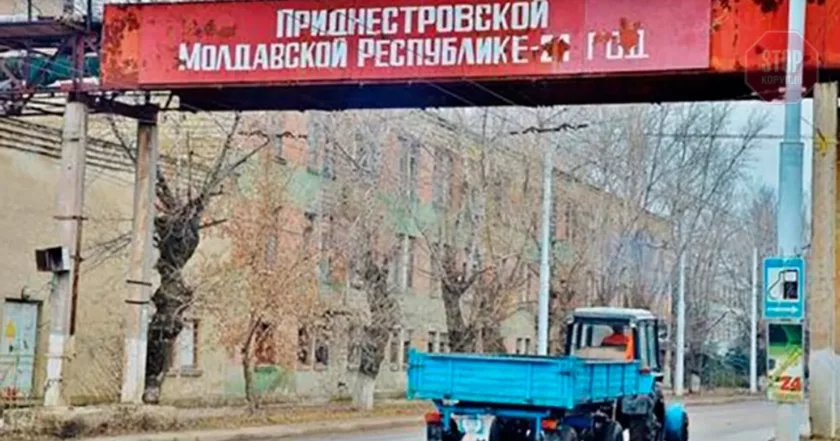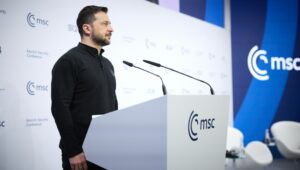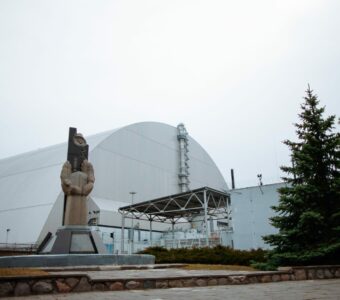Moldova excludes possibility of granting independence to self-proclaimed Transnistria

Oleg Serebryan, the vice-prime minister of the Moldovan government for reintegration, said that Moldova excludes the possibility of granting independence to the self-proclaimed Transnistria, where a contingent of russian troops is stationed.
It is reported by NewsMaker.
"First of all, we need to understand what Transnistria is because Chisinau and Tiraspol have different views on the region's geographical boundaries. Tiraspol believes that Kochieri, Koshnytsia, Varnytsia, and even Kopanka should be part of the so-called "Transnistrian Moldavian Republic." If you look at their maps, you will see that, in their opinion, the territories currently controlled by the unconstitutional authorities of Transnistria and eight more settlements should become part of the PMR," Serebryan said in an interview with Jurnal.md.
The official noted that the Transnistrian "authorities" plan to gain independence from Moldova is unrealistic, as it will only increase the level of tension in the region.
"I've heard various hypotheses that it's better to give them independence and they'll give us Bender, but that's an unrealistic plan. It might seem like an easy solution, but we wouldn't want to have an area next door that would be completely out of control. The independence of Transnistria cannot be a solution because it will only lead to greater regional instability," Serebryan said.
Reference
Transnistria – officially called the Pridnestrovian Moldavian Republic – is a narrow strip of land between Moldova and western Ukraine that is home to about 500,000 people. Transnistria is a breakaway region of Moldova. The territory has operated with de facto independence since a brief military conflict in 1992, though it is internationally recognized as a part of Moldova.
Its government and economy are heavily dependent on subsidies from russia, which maintains a military presence and peacekeeping mission in the territory. Political competition is restricted, and the ruling political group is aligned with powerful local business interests. Impartiality and pluralism of opinion in the media is very limited, and authorities closely control civil society activity.
Read Rubryka's timeline of war: current news on Ukraine's defense against russia's aggression.


















































